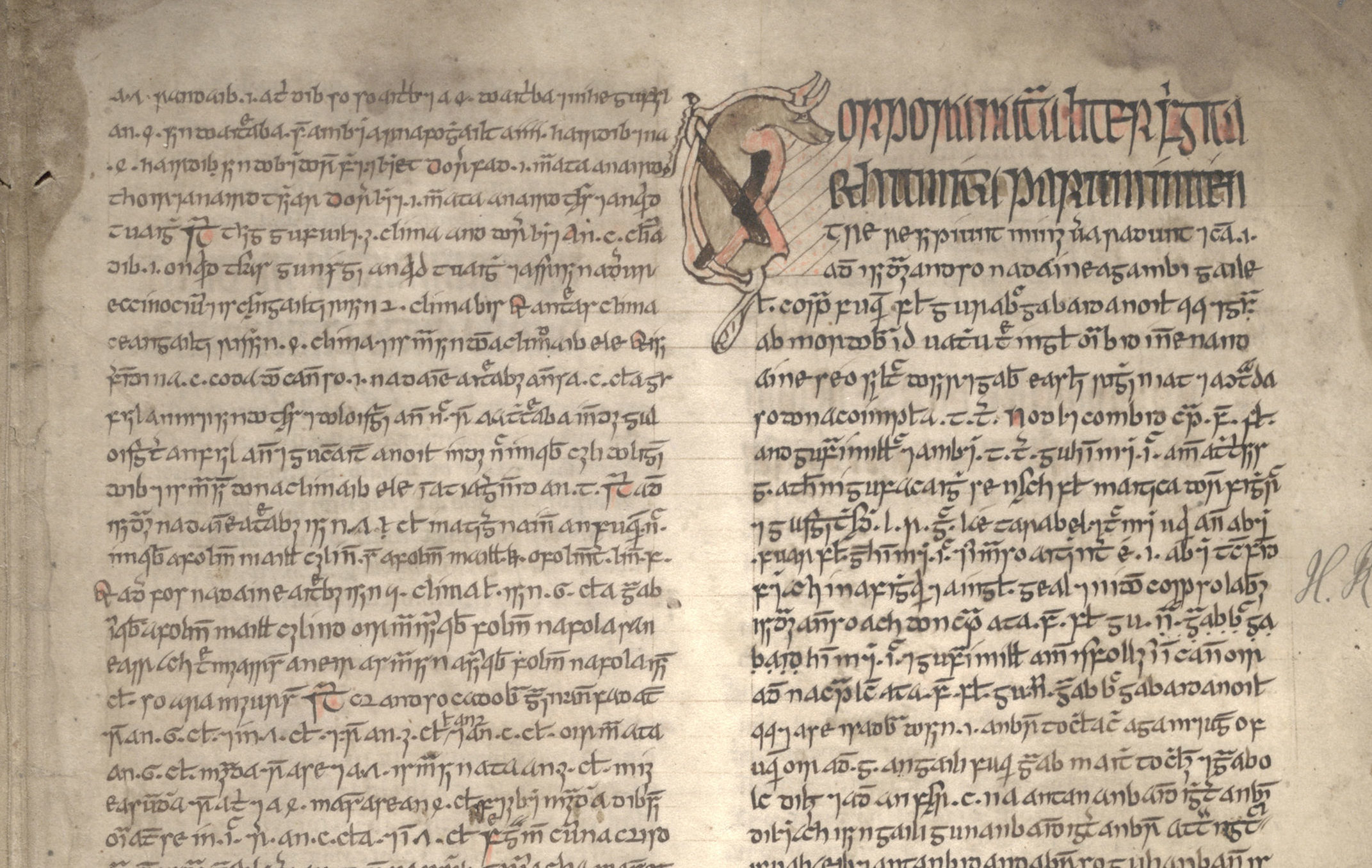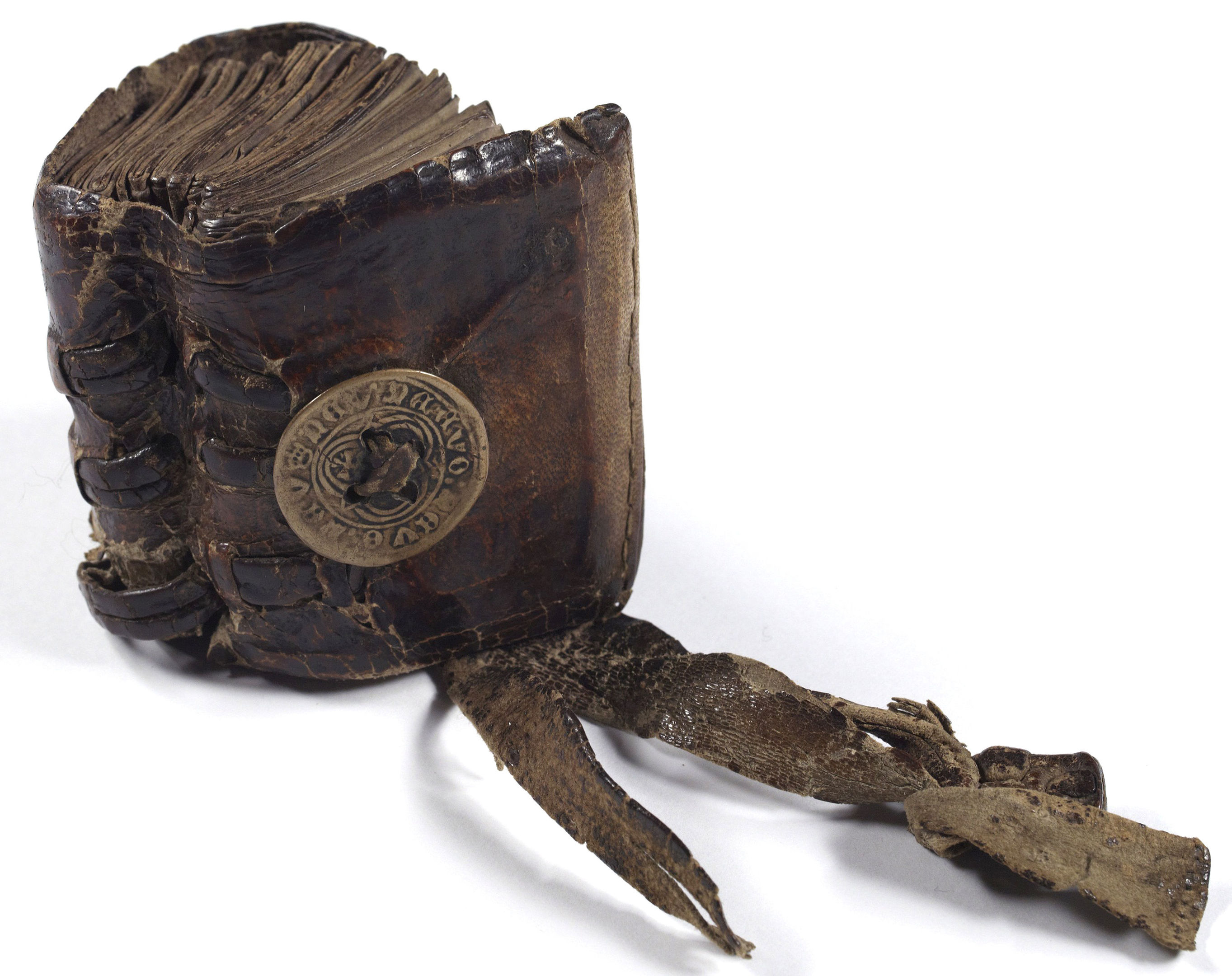
EARLY Gaelic manuscripts from the National Library of Scotland have been recognised for their historical and linguistic significance.
The library has the largest collection of Scottish Gaelic manuscripts in the world from a period between the 14th and 18th century.
They are now being inscribed in the Unesco Memory of the World Register, which highlights archive and library items of outstanding historical value.
Dr Ulrike Hogg, Gaelic manuscripts curator at the National Library of Scotland said: “Only a small number of Gaelic manuscripts with a Scottish connection survive from this early period and our collection of more than 60 volumes is unparalleled in its scale and coverage.
“The Gaels in Ireland and Scotland shared a rich learning and literary tradition, and our collection provides a fascinating Scottish perspective.
“Passages in Latin and occasional samples of texts in Scots or English also show how actively Gaelic Scots were engaged with multiple European cultures.
“We are delighted to have these manuscripts listed in the Memory of the World Register – it highlights their outstanding historical and cultural value.”
The majority of the manuscripts are written in Gaelic script and are often attractively decorated.
They cover a wide range of topics including medical manuscripts and poetry collections. There are also historical texts, heroic tales, saints’ lives, prayers, charms, genealogy and place-name lore.
Most of the writers used a high-register literary language shared by Gaels in Ireland and Scotland over a period of more than 1000 years.
The National Library of Scotland holds one of the most important volumes of the collection, the early 16th-century Book of the Dean of Lismore.
The Gaelic poetry collection is written in Older Scots orthography, providing a unique first impression of the sound of a regional Scottish Gaelic dialect.
Matthew McMurray, secretary of the UK Unesco memory of the world committee, said: “The manuscripts offer a snapshot of Gaelic life in Scotland which would otherwise have been lost to history.
“Its scale and coverage make it the pre-eminent collection for study of the Gaelic culture in Scotland and vitally important for understanding the rich and diverse cultural landscape of the British Isles.”

Enjoy the convenience of having The Sunday Post delivered as a digital ePaper straight to your smartphone, tablet or computer.
Subscribe for only £5.49 a month and enjoy all the benefits of the printed paper as a digital replica.
Subscribe